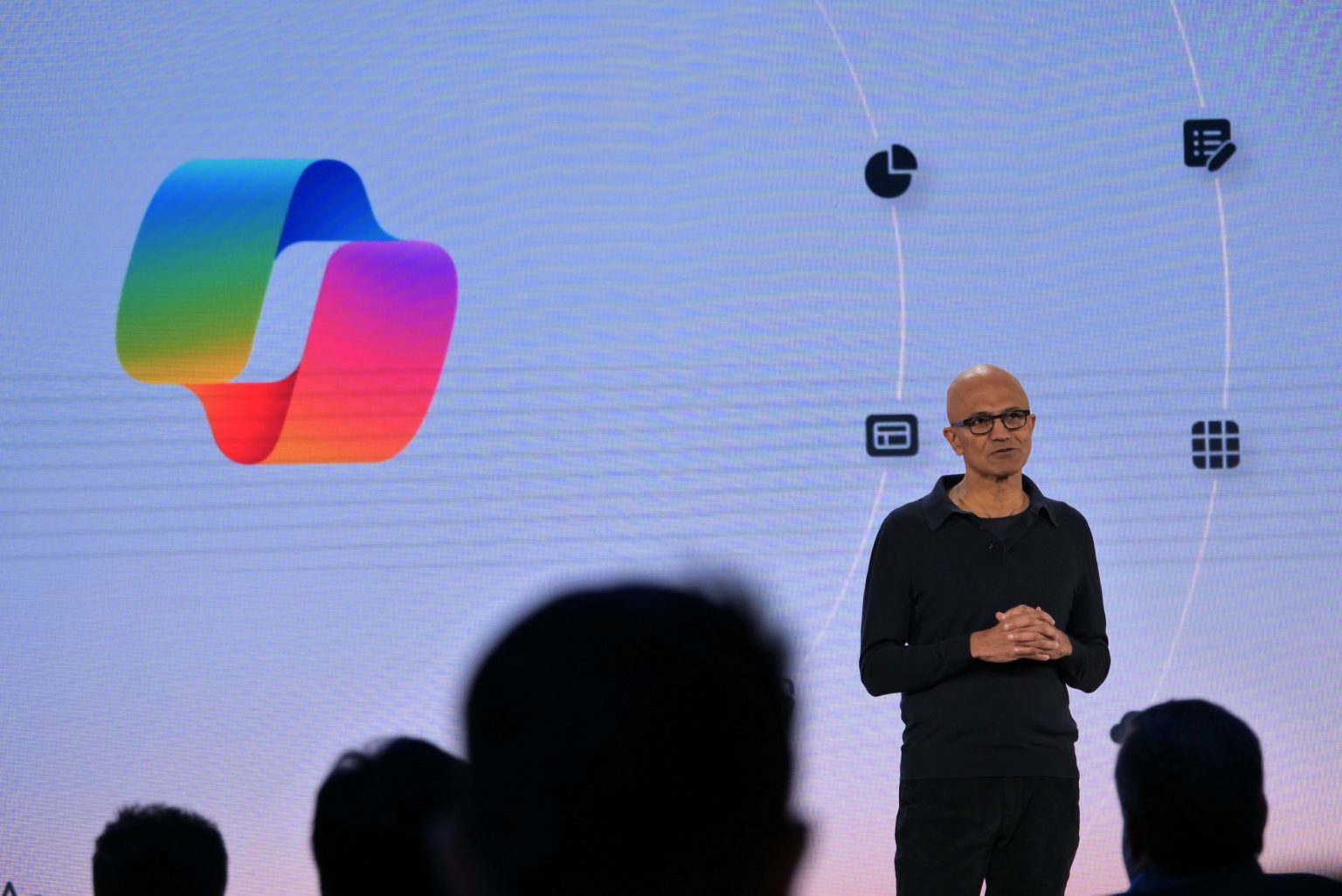Microsoft CEO Satya Nadella announced new integrations between the company’s Copilot AI technologies and its Windows PC operating system, as well as previewed a new class of personal computers designed to enhance AI capabilities within its software platform. These integrations, known as “Copilot + PC,” leverage advanced NPUs to allow the AI systems to run locally at over 40 trillion operations per second, observing users’ actions on their computers to provide insights and recall information during interactions. Chipmakers Intel, Qualcomm, and AMD are partnering with Microsoft and other device manufacturers to develop these new machines.
In addition to the Copilot + PC initiative, Microsoft introduced updated versions of its Surface Laptop and Surface Pro devices incorporating the new AI technologies and processors. The company showcased benchmarks demonstrating superior performance compared to Apple computers in various aspects. This move reflects Microsoft’s commitment to leveraging its expertise in PC operating systems, software, and services to drive demand for its Azure cloud platform, positioning itself against competitors like Google Cloud and Amazon Web Services.
Microsoft’s focus on integrating AI features directly into Windows is evident in its partnership with OpenAI, as the GPT-40 AI model will be available as part of Microsoft Copilot. The company emphasizes that user data will remain secure and local on the device, with the Copilot + PCs utilizing the Pluton security chip architecture by default. Microsoft’s emphasis on security follows recent high-profile breaches and the unveiling of new security protocols and executive compensation benchmarks tied to security progress.
The integration of Copilot AI technologies into Windows showcases Microsoft’s dedication to enhancing user experiences through AI-driven insights and capabilities. By incorporating AI features into its PCs, Microsoft aims to differentiate itself in the competitive market and leverage user interest to drive demand for its Azure cloud platform. Collaborations with chipmakers like Intel, Qualcomm, and AMD highlight Microsoft’s commitment to staying at the forefront of technological advancements and innovation.
The company’s decision to focus on AI integration within its Windows platform marks a strategic shift from its previous attempts to challenge Google in internet search. By harnessing the power of the cloud and the edge, Microsoft is positioning itself to deliver richer AI experiences to users. The company’s partnership with OpenAI and the release of the new ChatGPT desktop app on Apple Mac computers underscore the broad scope of its AI initiatives and collaborations within the industry.
Microsoft’s latest announcements and initiatives suggest a continued commitment to driving innovation and leveraging AI technologies across its products and services. The company’s emphasis on security, performance, and user experience underpins its strategy to remain competitive in the rapidly evolving technology landscape. As Microsoft positions itself as a leader in AI integration and cloud services, its efforts to secure user data and deliver enhanced AI-driven experiences hold the potential to shape the future of computing and software development.


